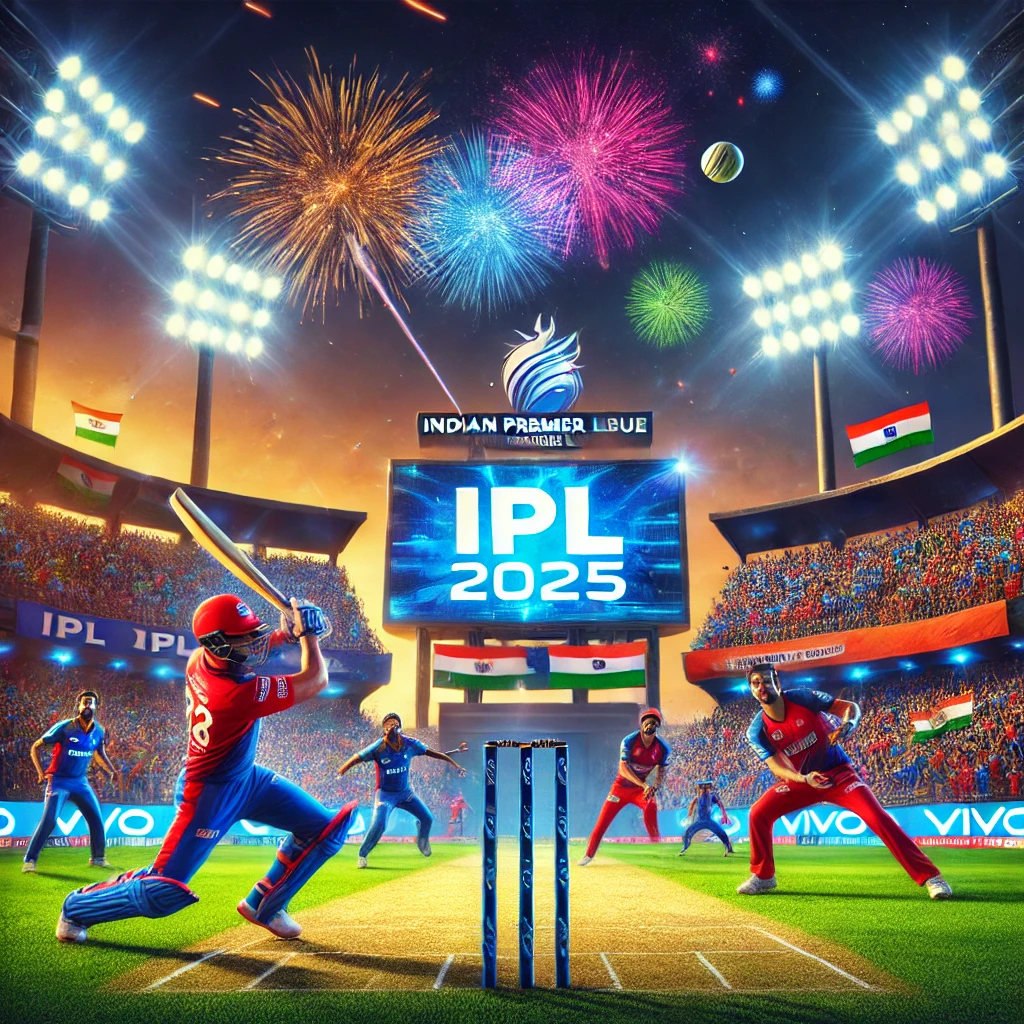The Board of Control for Cricket in India (BCCI) has unveiled revised playing conditions for the upcoming IPL season, bringing significant changes to how slow over-rate offenses are handled. In a move aimed at refining accountability while minimizing immediate match suspensions, the new system targets the captain with demerit point penalties rather than direct match bans.
Revised Penalty Framework
At a meeting held on March 20 at the BCCI office in Mumbai, representatives from the 10 IPL franchises were informed of the updated regulations. The traditional approach—where captains faced outright match bans for slow over-rate incidents—has been replaced. Under the new framework, captains will incur demerit points based on the severity of the infraction, a mechanism similar to that used by the International Cricket Council (ICC). These points will be tracked over a three-year period, with penalties escalating as points accumulate.
- Level 1 Offence: Captains can face a deduction of between 25% to 75% of their match fees, along with demerit points assessed for future reference.
- Level 2 Offence: In cases deemed more serious, four demerit points will be assigned. Should a captain accumulate four points, the match referee holds the discretion to impose either a full fine or additional demerit points that could eventually result in a match ban if the trend continues.
This system seeks to ensure that while teams are held accountable, immediate suspensions are avoided, giving captains an opportunity to rectify issues without compromising team performance.
Reflecting on Past Incidents
Recent instances in the league have seen captains penalized with match bans due to slow over-rates. Notably, Rishabh Pant missed a crucial game for Delhi Capitals against Royal Challengers Bengaluru last season, while Hardik Pandya is set to miss the Mumbai Indians’ opening match of IPL 2025 as a repercussion of similar infractions from the previous season. These examples underscore the BCCI’s intent to introduce a more measured and forward-looking approach.
Additional Amendments to IPL Conditions
The revamped playing conditions are not solely limited to over-rate offenses. The BCCI is also reviewing other aspects of the game, including:
- Impact Player Rule: Despite past criticisms, this rule—allowing teams a single in-match player substitution—will remain in effect until a scheduled review post-2027.
- DRS Clause Modification: Changes to the Decision Review System will now cover decisions related to height wides and wides outside the off-stump. While the 2024 rules permitted reviews on wide and no-ball calls, the specific 2025 guidelines are yet to be fully disclosed.
- Other Innovations: The revocation of the saliva ban and the introduction of an option to use a second ball in the second innings to counter dew effects have also been highlighted in earlier reports.
Conclusion
The BCCI’s new regulations reflect a strategic pivot in managing slow over-rate violations, prioritizing long-term accountability over immediate punitive measures. With these changes, the league aims to balance fair play with the practical realities of modern cricket, ensuring that captains remain both responsible and integral to their teams’ success.
Cricket isn’t just a sport; it’s a playground for stories, and I’m here to tell them with humor, creativity, and a touch of flair. Whether it’s the thrill of an IPL last-over finish or the quirks of a rising star, my words bring the game alive for the next-gen audience. Like an unorthodox stroke that surprises the bowler, my take on cricket is anything but predictable. And if you ask what’s on my mind—well, cricket, always cricket! 🏏🔥
